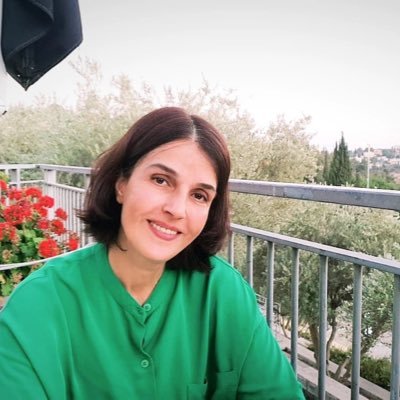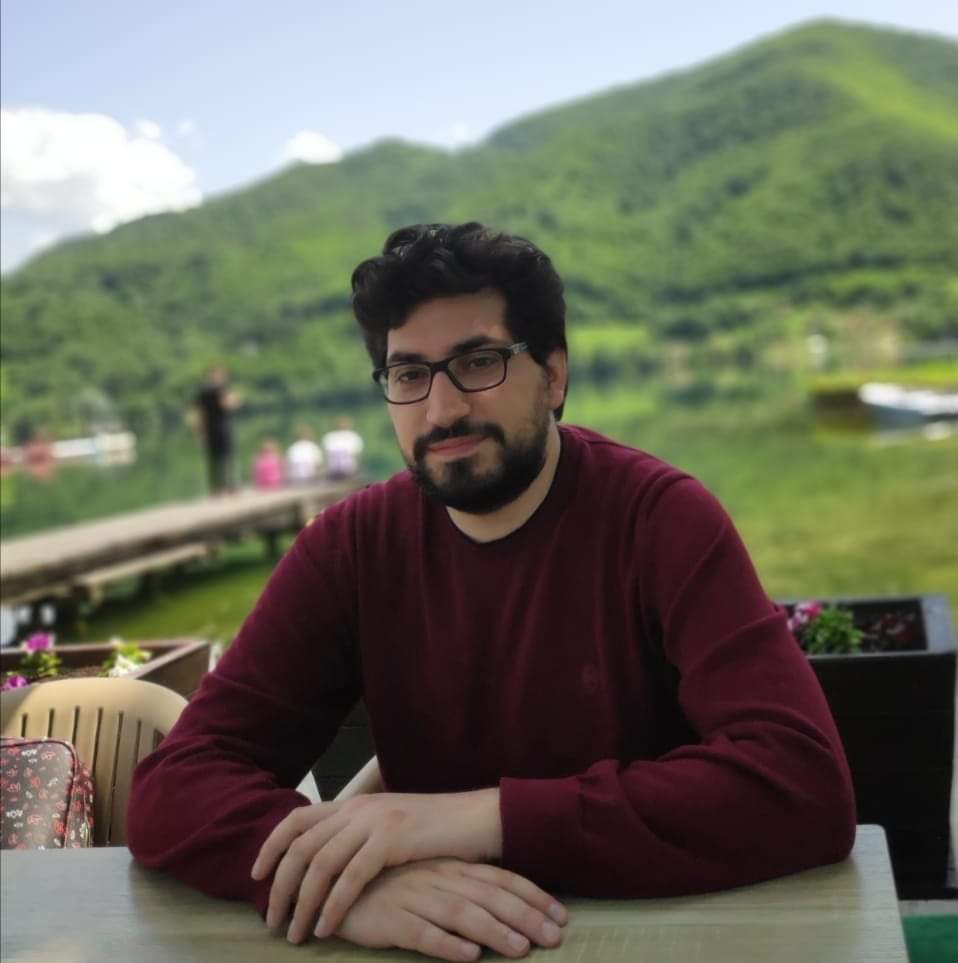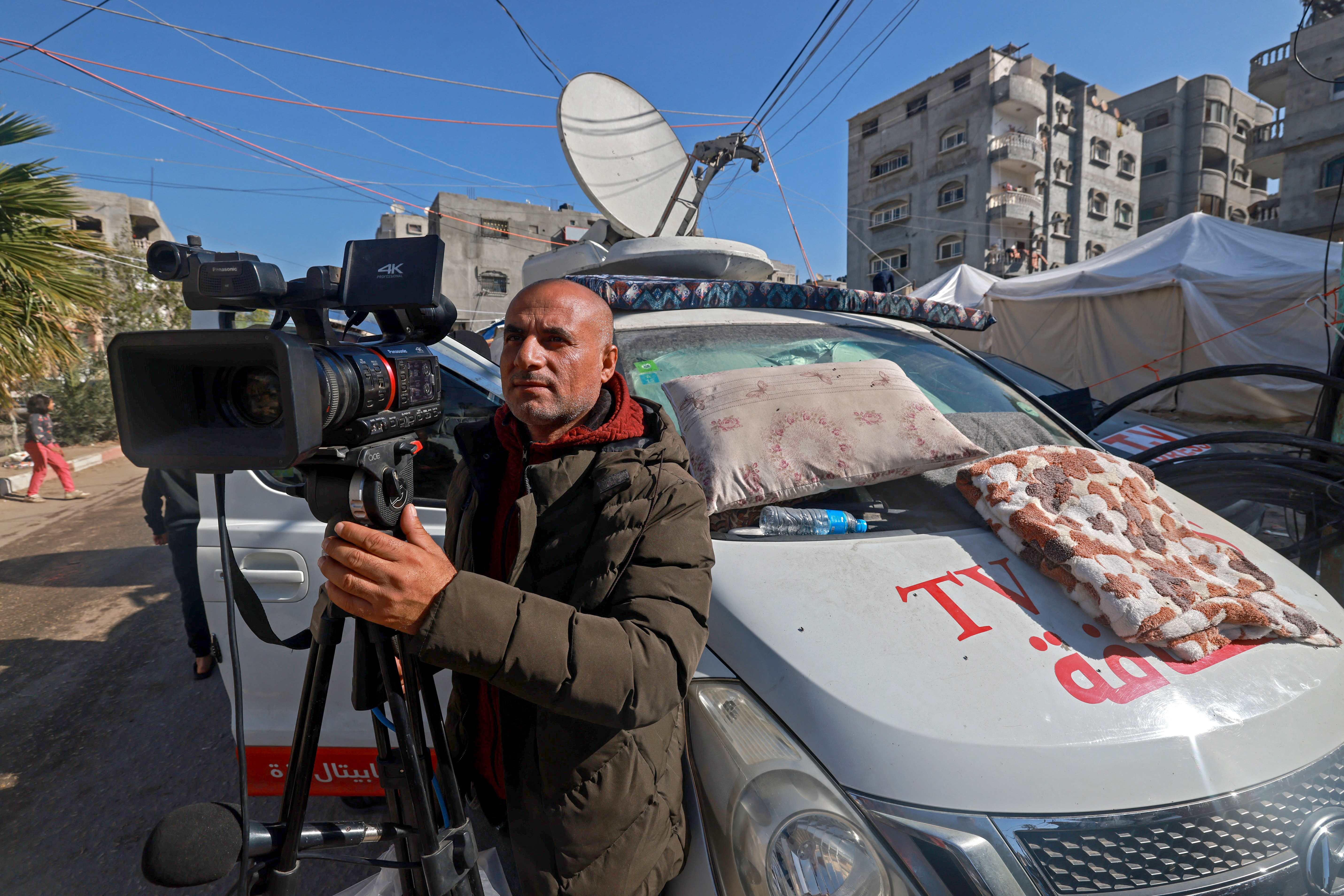قد تكون القضية الوحيدة في العالم التي لا بد أن تجد لها مكانا على الأجندة الإعلامية في غرف الأخبار. تجدها تزاحم وبشكل مفاجئ أهم الأحداث والتطورات الدولية وتنجح في تحويل عدسات الكاميرا وتخصيص ساعات من البث المباشر لتطورات ملفها الشائك منذ عشرات السنين. القضية الفلسطينية وإن كان ثمة سعيٌ لطمسها وحجبها عن الواجهة الإعلامية العالمية وحتى العربية فإن تطورات ما يحدث في شوارع مدينة فلسطينية أو أزقة مخيم للاجئين أو في ساحات المسجد الأقصى المبارك ما تلبث أن تعيدها وأحياناً بقوة إلى الواجهة الإعلامية، تخفت أحياناً لكنها لا تندثر.
ما بين الاستهداف السياسي والعسكري للقضية الفلسطينية برز مؤخراً استهدافٌ لا يقل خطورة عما سبق ذكره ألا وهو الاستهداف الإعلامي لكل ما هو فلسطيني الذي لم يقتصر على الإسرائيلي منه بل امتد للساحة الدولية وحتى العربية، لمحاولة إفراغ القضية من مضمونها القائم على أن فلسطين شعب محتل.
الزخم في القضية الفلسطينية في خضم الأحداث الدولية
كثيرة هي العوامل والمسببات التي أثرت في حجم الزخم الإعلامي في للقضية الفلسطينية، حيث شهد تراجعاً في السنوات الأخيرة لأسباب متعددة منها الداخلي والخارجي وأيضاً الإسرائيلي. على الصعيد الداخلي تمثلت في الانقسام الفلسطيني الذي وجه طعنة قوية لوحدة الرواية الفلسطينية ومتانة طرحها دولياً وعربياً. أما إسرائيلياً، فإن التعامل مع تصدر القضية الفلسطينية للواجهة الإعلامية الدولية والعربية كان بمثابة سلاح قوي بيد الفلسطينيين سعت إسرائيل إلى مصادرته ومحاصرته بكل الوسائل لأنه يقوض روايتها دولياً، فقد أصبحت وسائل الإعلام تعنى بملفات دولية احتلت صدارة شاشاتها كما حدث مؤخراً في أوكرانيا.
ليس ثمة تباين بين الصحفيين الفلسطينيين حول أهمية أبعاد احتفاظ القضية الفلسطينية بزخمها حتى تضمن حضورها في الإعلام العالمي، وهو ما تعبر عنه شيرين أبو عاقلة مراسلة الجزيرة في فلسطين: "القضية الفلسطينية من الصعب أن يتم إغفالها لفترة طويلة حتى في ظل أهم الأحداث الدولية وآخرها الحرب على أوكرانيا التي لم تنته بعد، ولا زال الزخم الإعلامي بشأنها واضحاً لكن ذلك لم يحل دون عودة القضية الفلسطينية مؤخراً إلى الواجهة الإعلامية".
نحو تجاوز الرتابة في التغطية الإعلامية
في العمل الصحفي تُعد الرتابة عدو المضمون. وحتى إن كانت القضية الفلسطينية تظل حية لدى الناس بسبب عدالة مقاومة الاحتلال، إلا أن التجديد في آلية طرح الملفات التي تعنى بها والتنوع في القصص وابتكار أساليب جديدة بعيدة عن الطرح الاستهلاكي المتكرر يساهم في إبقاء المشاهد العربي لا بل الدولي مرتبطا بها.
لتجنب تحول الرتابة في الطرح الفلسطيني إلى مقبرة لملفات هامة تشكل العمود الفقري للقضية الفلسطينية كالأسرى واللاجئين والحدود والقدس والاستيطان يتوجب على الصحفيين البحث المستمر عن قصص متفردة وتقديمها للمشاهد بأساليب تواكب التطورات التكنولوجية الحديثة.
أن تكون صحفيا فلسطينيا في وسيلة إعلام غربية
بكل اللغات تبقى القضايا العادلة عادلة، لا تحتاج إلى مجهود صحفي كبير للتعبير عنها، لكن العمل لدى وسيلة إعلام غربية ينطوي على تحديات قد تفوق العربية منها، لا تكمن في مسمى المؤسسة أو لغتها، بل في آلية إيصال القضية أو الحدث. رؤيتي للأحداث هي نفس رؤية شيرين أبو عاقلة، ذلك أن الحدث على الأرض هو ذاته وليس بالإمكان تجميله لأنك تعمل لدى الجزيرة أو فرنسا 24: هناك أمر واقع سواء كان اجتياحا أو اغتيالا أو هدم منازل أو استهداف الوجود الفلسطيني في القدس، هناك احتلال يقر به القانون الدولي ولا تستطيع وسائل الإعلام حتى الغربية تجاهله.
من تحديات العمل لدى وسيلة إعلام غربية ليس الخبر بحد ذاته ولكن استخدام المصطلح الذي يعبر عنه. هذه المؤسسات تتبع سياسة الابتعاد عن "خصوصية" المصطلح. مثال على ذلك كلمة شهيد التي لا تستخدم في القنوات الأجنبية، لأن هذا التوظيف يحتاج إلى شرح كبير، وبالتالي نلجأ إلى كلمات: اغتيال، قتيل، والقتل من مسافة صفر.
إيصال القضية الفلسطينية للمشاهد الغربي يعد تحديا بحد ذاته بسبب طبيعة المشاهد الذي تختلف نظرته لزوايا القضية. في القصة الموجهة للمشاهد الغربي على الصحفي أن يتبع سياسة الإقناع أكثر من العاطفة، فقناعته بالقضية تدفعه للتعاطف معها، وربما قد تؤدي لتقديم الدعم لها، فالمشاعر الإنسانية التي تتولد عن قناعة قد تتغير حتى لو كانت من قبل شخص لغته وتصوراته مختلفة.
القاموس القانوني والرواية الفلسطينية
ليس بمقدور الصحفي توظيف القانون، لكن بإمكانه الاستناد إليه في سياق المساحة المتوفرة له، حيث بمقدوره استخدام مصطلحات كالقدس المحتلة، والاستيطان غير الشرعي بكل أشكاله؛ العشوائي منه والمقام على مساحاتٍ شاسعة في الضفة الغربية وهو ما يقر به القانون الدولي. بذلك يعطي الصحفي الدعم والحماية عند استخدامها إذا ما أخذنا بعين الاعتبار الملاحقة الإسرائيلية الحثيثة لكل ما يعد ويكتب ويبث عبر وسائل الإعلام ووسائل التواصل الاجتماعي. السؤال المطروح هنا: هل بالإمكان توظيف هذه القضية في الإعلام؟ الجواب نعم، ولكن من خلال السياسيين والمسؤولين والمؤسسات الدولية التي تعضد القصة الصحفية.
تحديات الميدان
أصبح الصحفيون والنشطاء الفلسطينيون مطاردين في مدن الضفة الغربية ومخيماتها، حيث أصبحت مطاردة الكلمة كمطاردة الأشخاص الذين يمثلون القضية. ملاحقة وسائل الإعلام الغربية للصحفي الفلسطيني تنبع من الملاحقة الإسرائيلية لها. وهكذا وتحت غطاء معاداة السامية، يطارد الصحفيون والنشطاء على وسائل التواصل الاجتماعي، ويتهمون بضرب مبادئ الصحافة متى واجهوا السردية الفلسطينية.
ولتجسيد هذه الملاحقة على الأرض أصدر مكتب رئيس الوزراء الإسرائيلي تعليماته بملاحقة وسائل التواصل الاجتماعي ومتابعة ما ينشر عبرها، لأنها في تقديره تحرض على الإرهاب. مثل هذه التدخلات انعكست سلبا على الكثير من مؤسسات الإعلام الغربية التي باتت تخشى من ارتدادات عكسية على عملها على الأرض، ما أثر سلباً على عمل بعض صحفييها من الفلسطينيين بتقييد حريتهم ووضع المؤسسة ذاتها تحت مجهر الرقابة الذاتية.
ما بين الزخم والتراجع، القناعة والعاطفة، تبقى القضية الفلسطينية أسيرة المعادلة السياسية الدولية التي تحتكم للكثير من المعايير، الأمر الذي يجعل قضية شعب بأكمله أسيرة تجاذبات تضعها يوماً في واجهة الاهتمام والإعلام، وتغيبها يوماً آخر. كثيرة هي التحديات التي تقف عقبة في وجه الصحفي الفلسطيني الساعي لتحقيق معادلة المهنية والموضوعية في تناول قضية تعبر عنه في كثير من تفاصيل حياته اليومية، يعيشها ويعايشها كأحد أبطال تقاريره الصحفية التي قد تعبر عن مأساةِ لجوءٍ يعيشها أو معاناة عزيز فارقه شهيداً أو أسيراً.









![Palestinian journalists attempt to connect to the internet using their phones in Rafah on the southern Gaza Strip. [Said Khatib/AFP]](/sites/default/files/ajr/2025/34962UB-highres-1705225575%20Large.jpeg)






























